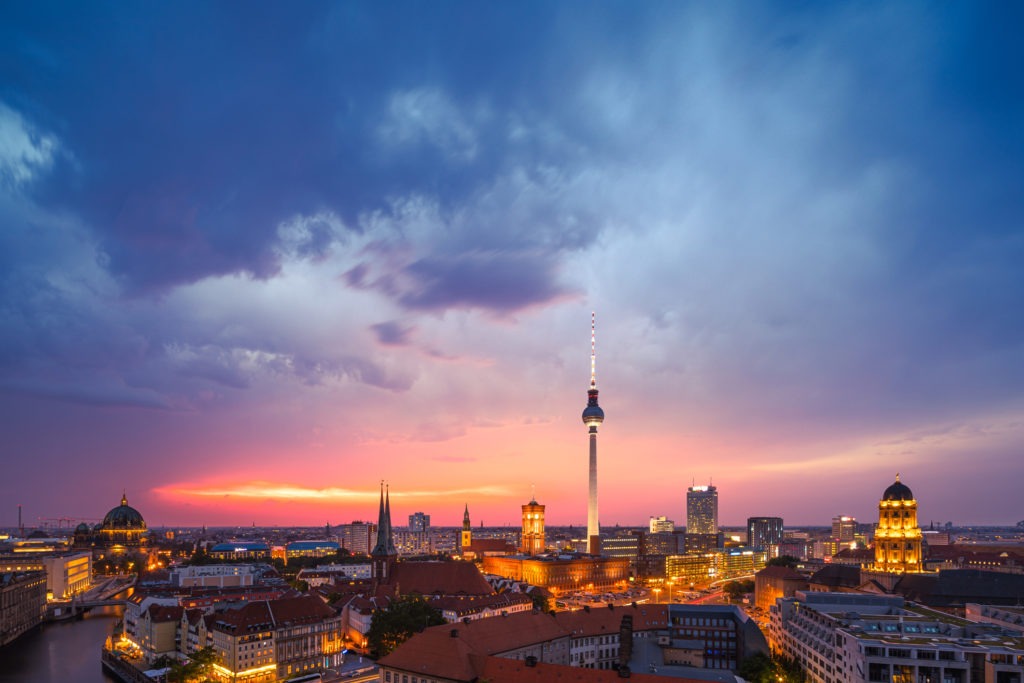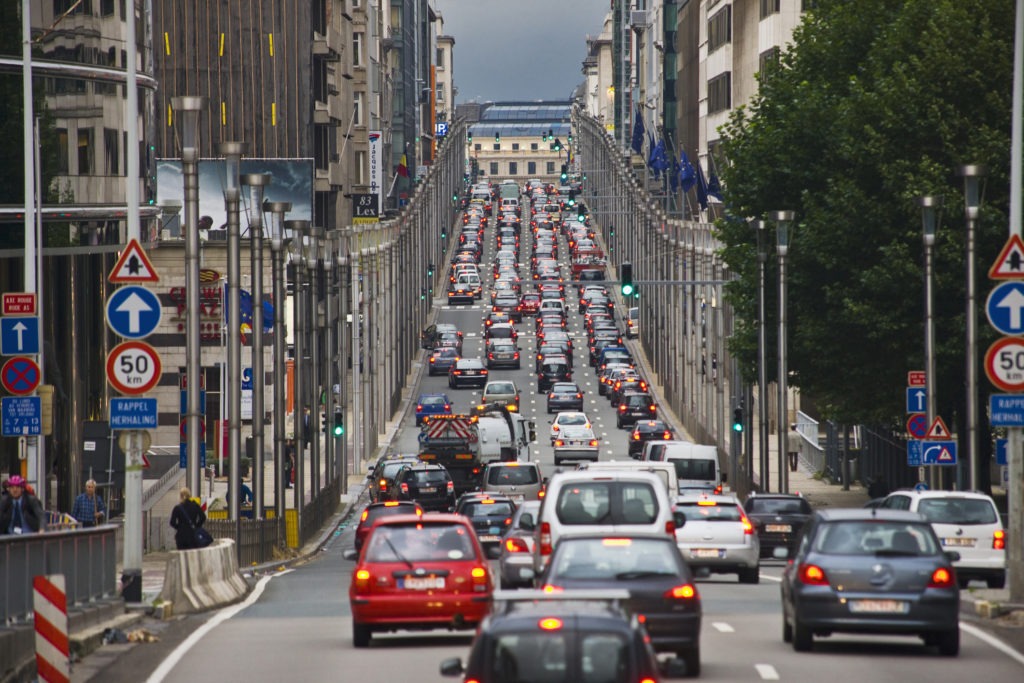New-car sales in Germany improve, but disruption is expected
04 March 2022

New-car registrations in Germany amounted to 200,512 units in February – a 3.2% increase compared to a year ago, according to the latest figures released by the Kraftfahrt-Bundesamt (KBA). This comes after new-car sales dropped 10% in 2021, with the new year showing signs of improvement as volumes are inching up.
Compared to January, February is faring better and is in line with expectations. However, the German automotive industry is facing major upheaval. The market has not recovered from the pandemic and the ongoing microchip shortage, with Russia’s invasion of Ukraine adding another level of disruption.
Given the current economic circumstances and wider geopolitical developments, Autovista24 has adjusted its forecast and now expects around 2.8 million new-car registrations in 2022, an increase of nearly 8% year on year.
Regarding the future development of the automotive industry, the coming months will be telling. While the war in Ukraine might not immediately impact the German new-car market in March, the effects of supply chain and potential delivery issues may lead to a subtle slowdown in the first half of the year.
Autovista24 expects that the disruption to car production will lessen throughout 2022. But this is dependent on carmakers securing alternative supply of raw materials and components that are usually sourced from Russia and Ukraine.
New-car registrations, Germany, y-o-y % change, February 2021 to February 2022
Source: KBA
War in Ukraine fuels disruption
The effects of Ukraine’s invasion on car manufacturing became apparent almost immediately. Volkswagen (VW) Group had to halt production for a few days this week at two of its main German plants, Zwickau and Dresden. The OEM said it experienced delays in the supply of car components made in Ukraine. The Wolfsburg-headquartered group cautioned the situation could lead to adjustments in production at individual locations. Meanwhile, its Porsche subsidiary has suspended production in Leipzig until the end of 13 March.
‘The consequences for companies and their employees cannot yet be foreseen in concrete terms,’said Hildegard Müller, president of the association of the German Automotive Industry (VDA). ‘However, a disruption in the supply chain would have negative effects in any case.’
While analysts believe it is too early to say how long the effects on car-component supply chains would last, Russia’s aggression could worsen the semiconductor shortage. Both Ukraine and Russia provide raw materials and car parts that are essential to the European automotive industry.
BMW confirmed to local media that production losses would gradually lead to adjustments and interruptions in several BMW plants. Vehicle production in Munich and Dingolfing will be suspended in the coming week.
Raw materials
President of the Association of the German Chambers of Industry and Commerce, Peter Adrian, highlighted that Russia is one of the world’s main suppliers of palladium, which is used in autocatalysts. ‘If it [palladium] can no longer be delivered from Russia, there is a risk of massive disruption in individual economic sectors. Then there is a danger that there may be delays in the delivery of cars,’ Adrian said.
This sentiment was echoed by the federation of German industries (BDI). ‘The war is creating additional uncertainty when it comes to importing raw metals and metal-containing precursors,’ said BDI president Siegfried Russwurm. He said this could particularly affect components used the e-mobility sector. ‘These sanctions can also lead to disadvantages for Germany, its companies and employees, which we must cushion as far as possible together with politicians,’ the federation said.
German manufacturing has been plagued by a shortage of materials, with a recent survey by the Ifo Institute for Economic Research finding the situation has worsened. In February, almost 75% of companies, including automotive businesses, complained about bottlenecks as they faced problems procuring products and raw materials. ‘The hoped-for turnaround didn’t materialise, which means the shortage of materials is continuing to delay the recovery in manufacturing,’ said Klaus Wohlrabe, head of surveys at Ifo.
Rising costs and inflation
German Finance Minister Christian Lindner cautioned that European sanctions against Russia would lead to rising cost increases. But he was optimistic the EU would be able to shield its economies against further inflation, which remained at a 5.1% high in February in Germany.
Preliminary data by the Federal Statistical Office (Destatis) shows inflation grew 0.9% from January, mainly impacted by energy-product prices, delivery bottlenecks and significant price increases at upstream stages in the economic process. ‘These effects are superimposed by uncertainties caused by the Russian attack on Ukraine,’ the office warned.
Meanwhile, prices for commodities are mounting and could further fuel inflation and weigh on automotive companies. German motoring association ADAC reported this week that diesel and petrol prices reached another peak in February.
With the levels of uncertainty rising, it will be difficult to assess how the new-car market will develop in Germany. The VDA expects ‘impairments in the production of vehicles in Germany’, but is currently unable to quantify the extent of it.



